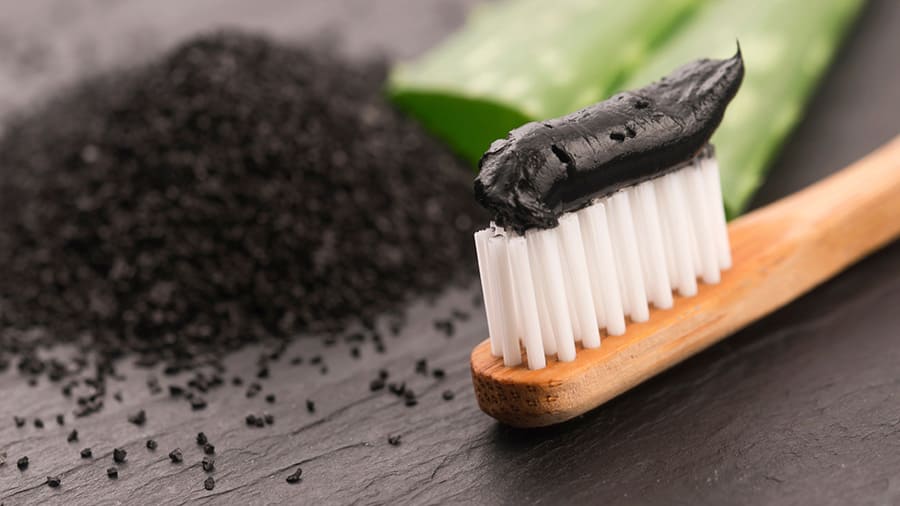What Is Activated Charcoal?
Cooking charcoal (or even the kind used for artist's pencils) is made by slow-burning natural materials, such as wood, peat or coconut shells. Activated charcoal is created for medical purposes by heating regular charcoal in the presence of a gas, causing it to become more porous.
This is why, according to the U.S. National Library of Medicine, activated charcoal can effectively absorb and trap toxic chemicals, making it part of the standard treatment for accidental poisonings.
In addition, there are some claims that activated charcoal can alleviate intestinal gas, lower cholesterol levels, prevent hangovers (although charcoal doesn't readily absorb alcohol) and help regulate bile flow problems (called cholestasis) during pregnancy. RxList notes that Activated Charcoal absorbs substances in the stomach and intestines. Taking activated charcoal along with medications taken by mouth can decrease how much medicine your body absorbs and decrease the effectiveness of your medication.
Why Charcoal Toothpaste?
Using charcoal as a teeth-cleaning method is nothing new. The ancient Romans brushed with everything from charcoal to tree bark, and the black powder can be found in a toothpaste recipe in a 19th century English homemaker's guide.
The last decade has seen a re-emergence of charcoal-based toothpastes with claims of whitening, antibacterial, antiviral, anti-fungal and breath freshening properties, according to an article published in the Journal of the American Dental Association (JADA). After reviewing a number of studies, the researchers concluded that more evidence is needed before they can confidently establish the safety and effectiveness of charcoal pastes.
Is Charcoal Toothpaste Right for You?
When you think of putting black toothpaste on your toothbrush, don't worry about the taste: you aren't brushing with chunks from your barbecue grill. It may be black, but the charcoal incorporated into the paste is closer to the soft consistency of baking soda. Many charcoal toothpastes also contain flavouring agents, just like any other whitening toothpaste. JADA's assessment of studies found that many of the toothpastes contained bentonite clay (an allegedly detoxifying ingredient) and that one had betel leaves (a plant chewed as a stimulant in many parts of Asia).
If you're someone who is prone to tooth decay, be aware that not all of these toothpastes will contain fluoride. Since most dentists want their patients to use fluoride in some form, your dentist may recommend a fluoride rinse to help strengthen your enamel.
Is charcoal toothpaste a fad or here to stay? Research on its properties is still emerging, but many people are finding that charcoal toothpaste is worth a try.
This article is intended to promote understanding of and knowledge about general oral health topics. It is not intended to be a substitute for professional advice, diagnosis or treatment. Always seek the advice of your dentist or other qualified healthcare provider with any questions you may have regarding a medical condition or treatment.
ORAL HEALTH QUIZ
What's behind your smile?
Take our Oral Health assessment to get the most from your oral care routine
ORAL HEALTH QUIZ
What's behind your smile?
Take our Oral Health assessment to get the most from your oral care routine













